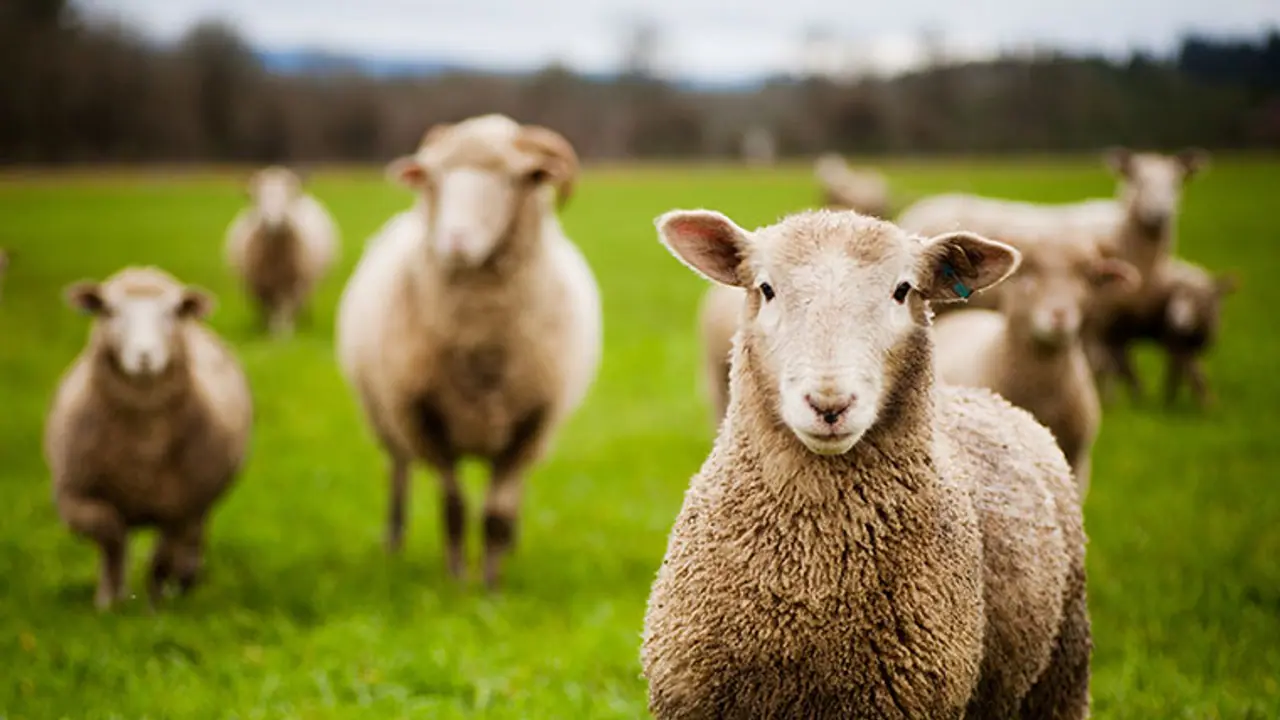Veterinary experts worried about large-scale rare sheep deaths This rare breed was called kuji mendha The National Bureau of Animal Genetic Resources (NBAGR) recognised its 'rare' status

Over a hundred sheep of an exclusive breed, found in coastal Jagatsinghpur and Kendrapara districts of Odisha, died in the past one week at a remote village, triggering worry among veterinary experts.
Reports of large-scale of sheep locally called 'kuji mendha' have poured in from Subala village under Mahakalpada police station jurisdiction in Kendrapara. The animal husbandry department has received official reports of nearly 60 cases of death from the said village, Chief District Veterinary Officer (CDVO) Chaitnya Kumar Sethy said.
However no sheep death has been reported so far from other parts of the district, he said. As the death is localised in nature with occurrence confined to one village, it could mean that things have not assumed epidemic shape, he said adding the department is keen to curb sheep mortality in the village as the breed was conferred 'rare and singular species' tag by Union Government last year.
The National Bureau of Animal Genetic Resources (NBAGR) had accorded genetic recognition to 'kuji' breed of sheep, he said. Veterinary surgeons have rushed to the village to take stock of the situation and collected blood and stool samples of the animals for laboratory test. The stool samples would be tested at Kendrapara laboratory while blood samples are being sent to College of Veterinary Science and Animal Husbandry, Orissa University of Agriculture and Technology, Bhubaneswar, Sethy said.
As a precautionary measure, the animals are being vaccinated to enhance their disease immunity. In winter, the sheep are mostly afflicted with worm infection, foot and mouth and septicaemia diseases. The 'kuji mendha' is typical breed of sheep. These breed of sheep are fast breeders and give birth multiple times while sheep in other parts of the state give single birth at a time.
As the NBAGR has recognised it as genetically rare status, the veterinary department is giving emphasis on conserving these domesticated species.
